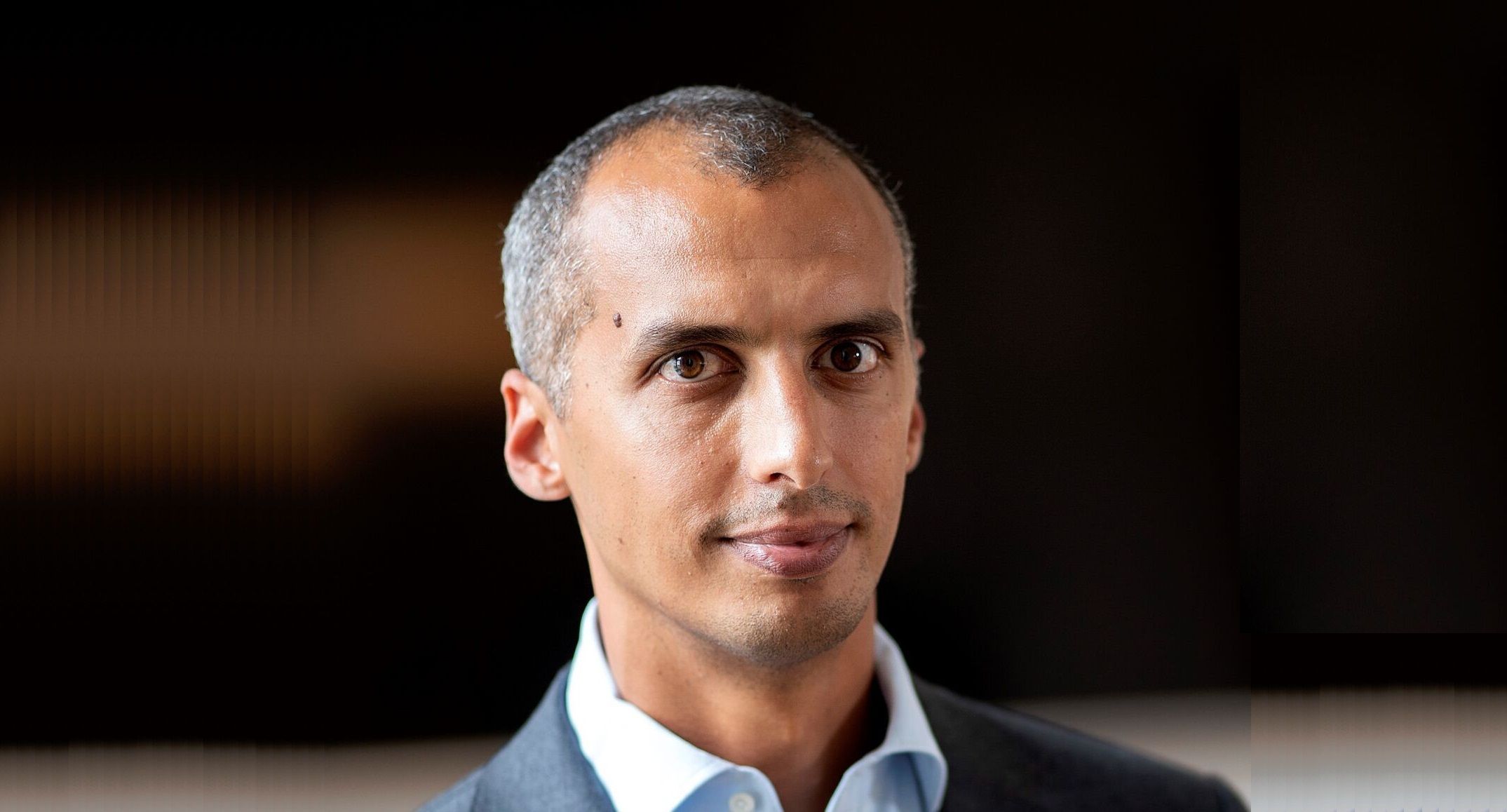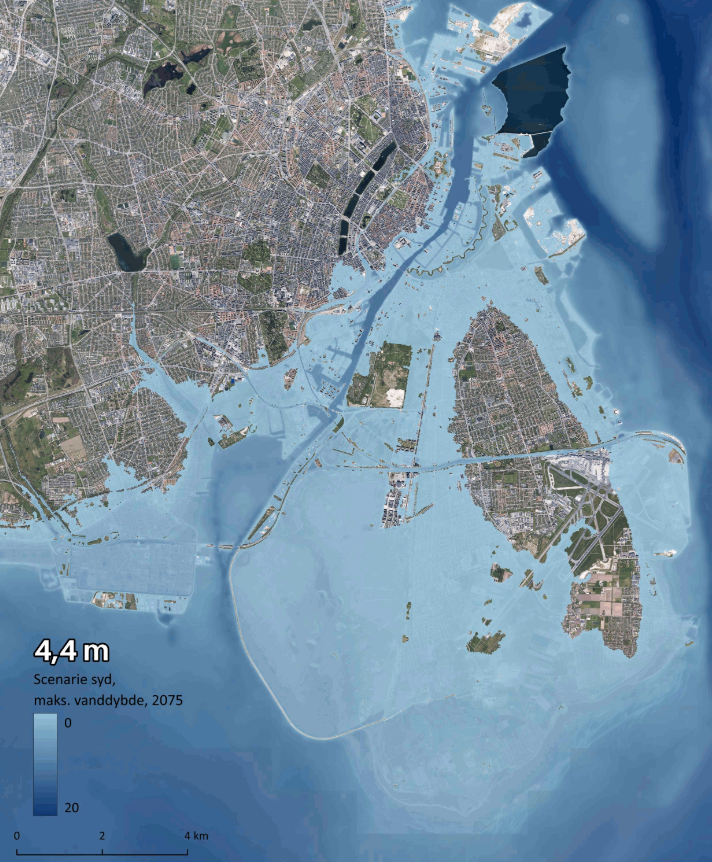The climate, energy and buildings minister, Morten Lidegaard (Radikale) is embroiled in a scandal over whether he was aware of an error in last year’s solar panel law that may cost the state billions.
December's law included a loophole that allowed the installation of large solar facilities that could claim enormous sums of state support. According to the national energy agency, Energistyrelsen, the error could cost an extra seven billion kroner.
Berlingske newspaper revealed that Lidegaard was informed of the error by Energistyrelsen ten days before the law was passed on 19 December 2012. Lidegaard at first denied seeing the report from Energistyrelsen but yesterday admitted that he had received it in an emergency meeting with Venstre and Enhedslisten, leading Venstre MP Lars Lilleholt to argue Lidegaard had misled parliament.
“If it can be shown that the minister was aware of this problem before the law was passed, it means that parliament has been misled,” Lilleholt told Berlingske. “But it’s also a serious issue if the civil servants did not choose to inform the minister and prevent businesses from investing under false pretences.”
The ministry closed the loophole with a new bill in March that laid out a transition period from the old to new rules. But for companies that managed to invest in the intervening three months, such as Viridis Solar, the transition will end up bankrupting them.
“Our employees will have to find something else to do and the creditors will lose their money,” Viridis Solar's managing director, Anders Bryld, told Berlingske. “It’s really frustrating that the ministry knew all along that it was going to change the law while we operated in good faith.”














